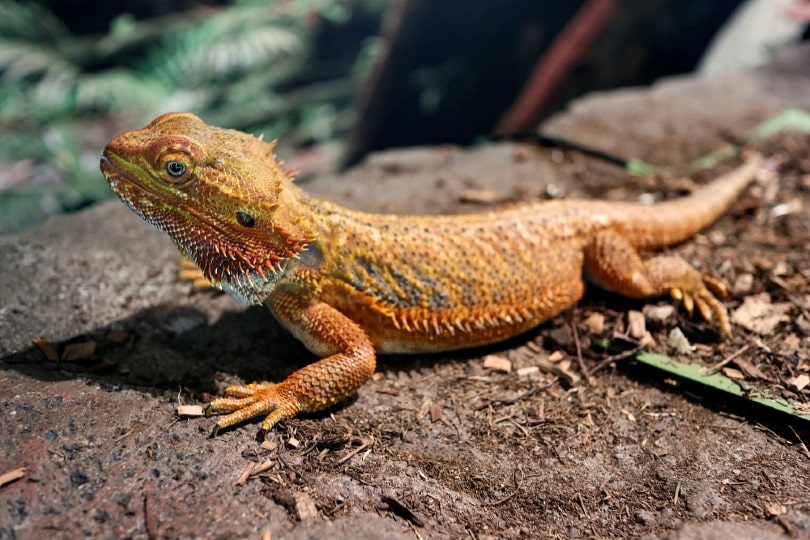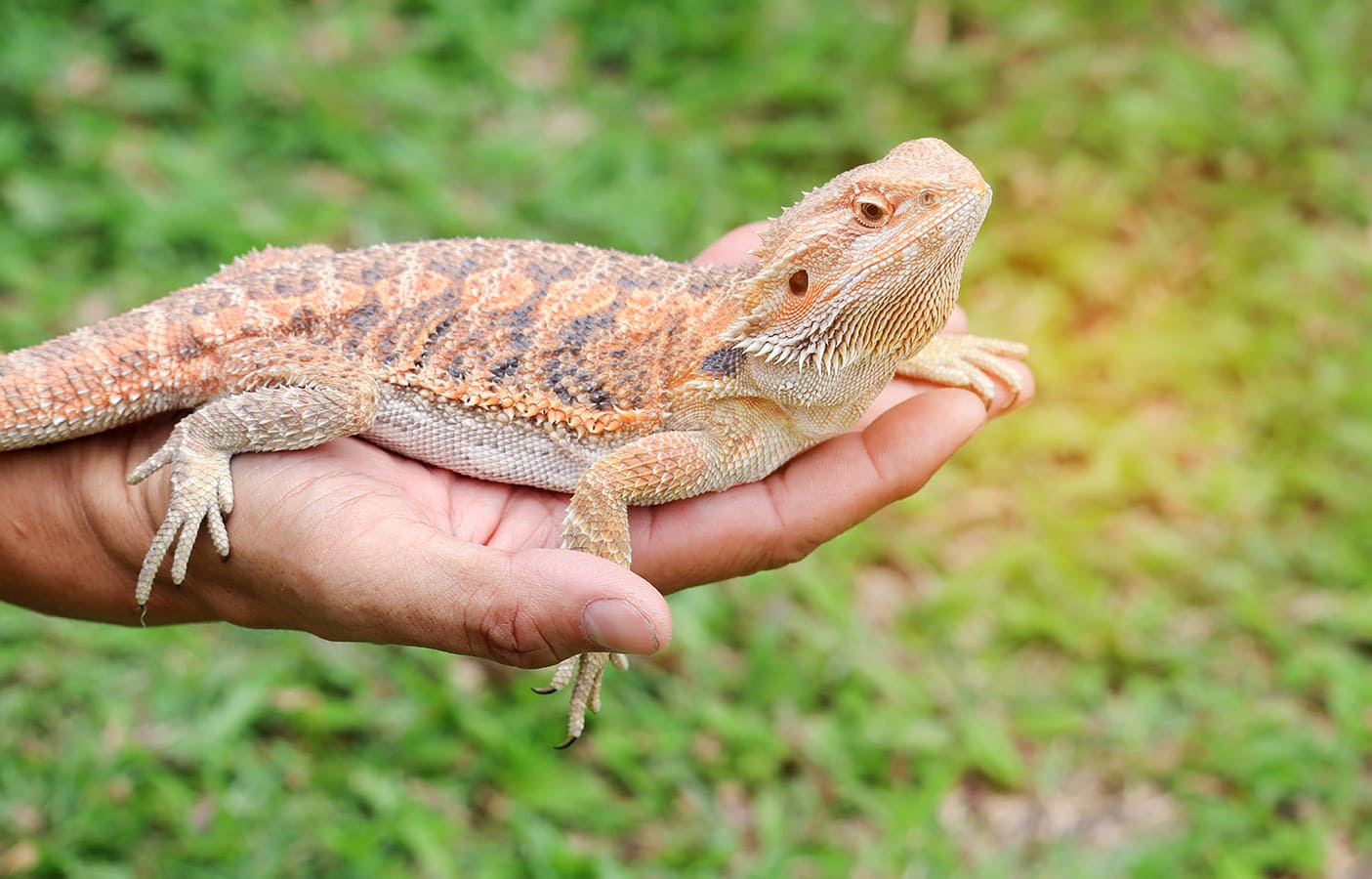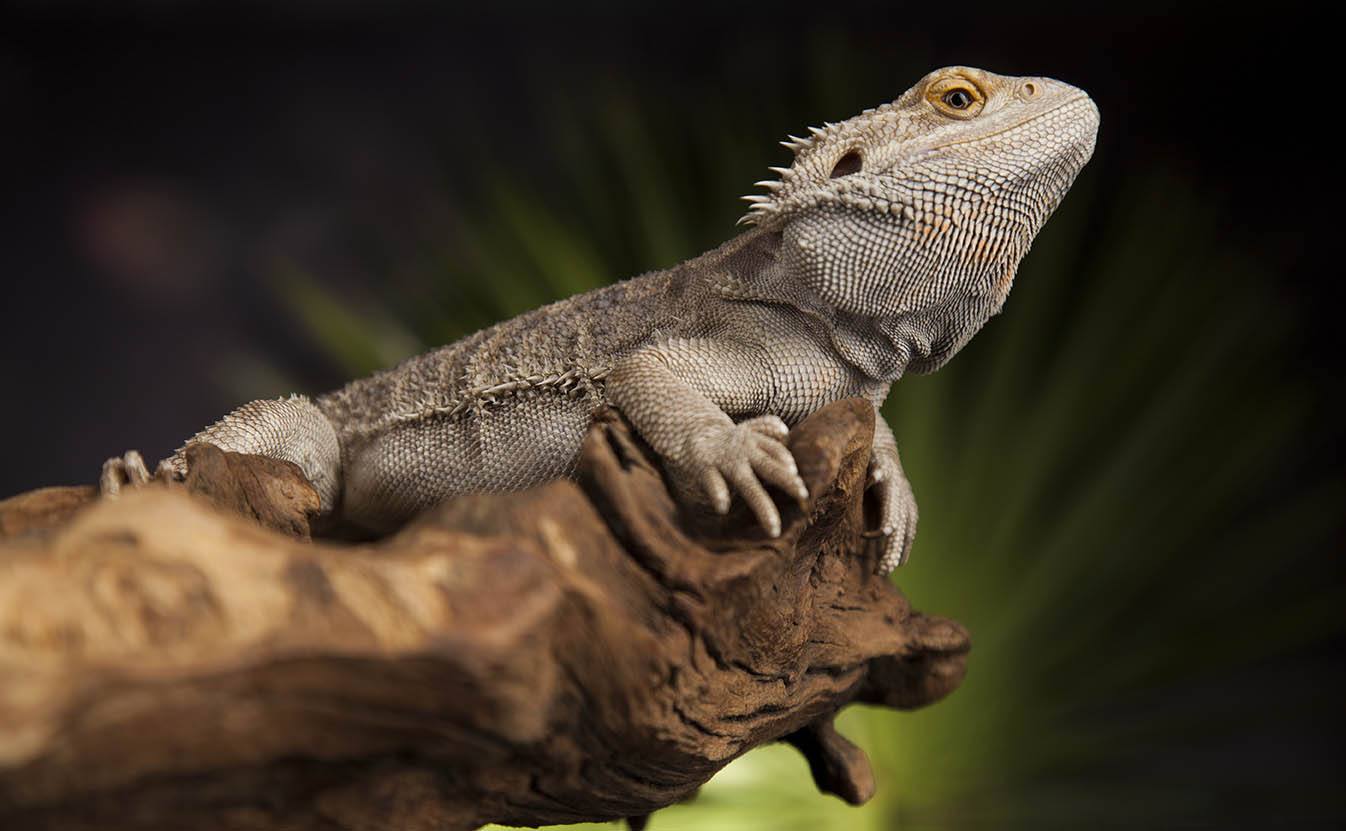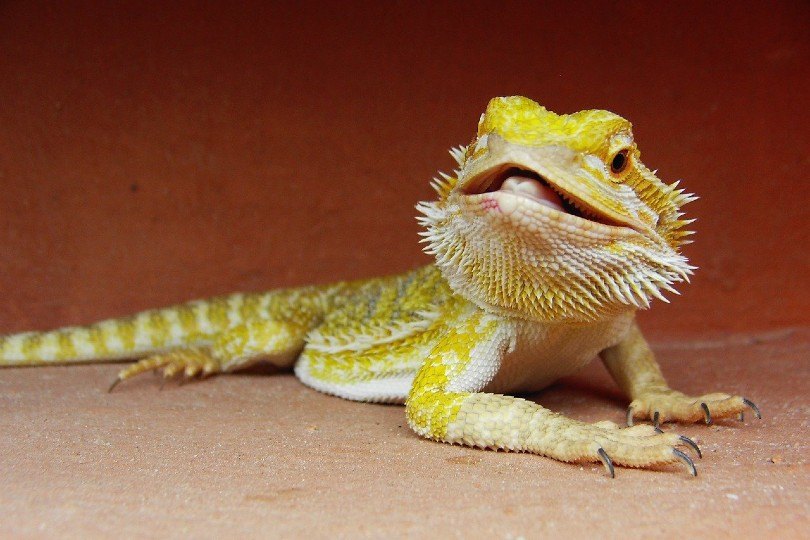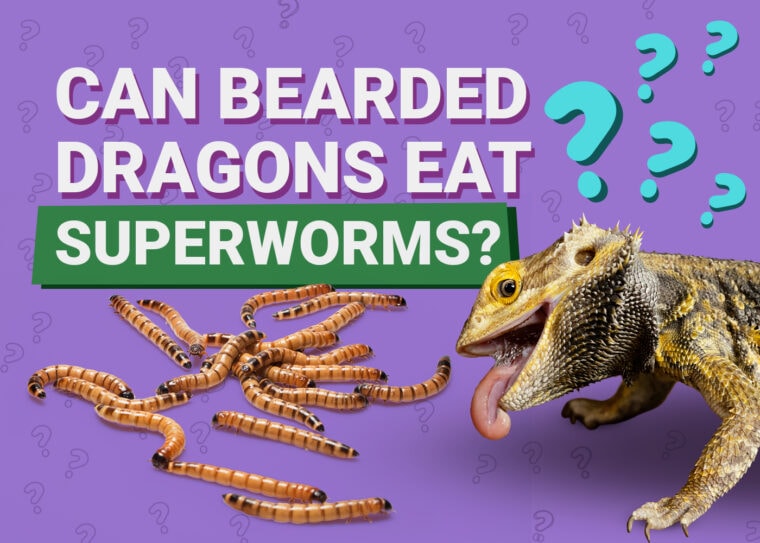
Insects are a natural part of a Bearded Dragon’s diet, but not all insects are safe for them to ingest. So, owners must know what kinds of insects their Bearded Dragons can and can’t eat. One insect that they can eat is superworms.
However, Bearded Dragons should eat superworms in moderation. Too much can be detrimental to their health, so owners should know what amount is safe for their pets to consume.
What Is a Superworm?
A superworm is the larvae of darkling beetles. Superworms have a similar appearance to mealworms because both species belong to darkling beettle species. However, superworms are much larger and longer than mealworms and have thicker exoskeletons.
Superworms have a substantial amount of protein, but they also contain a lot of phosphorus and fat, which can have a negative effect on Bearded Dragons. So, these insects should only be given as an occasional snack and never as a main meal. A general rule of thumb is to feed your Bearded Dragon two to three superworms as a snack once or twice a week.
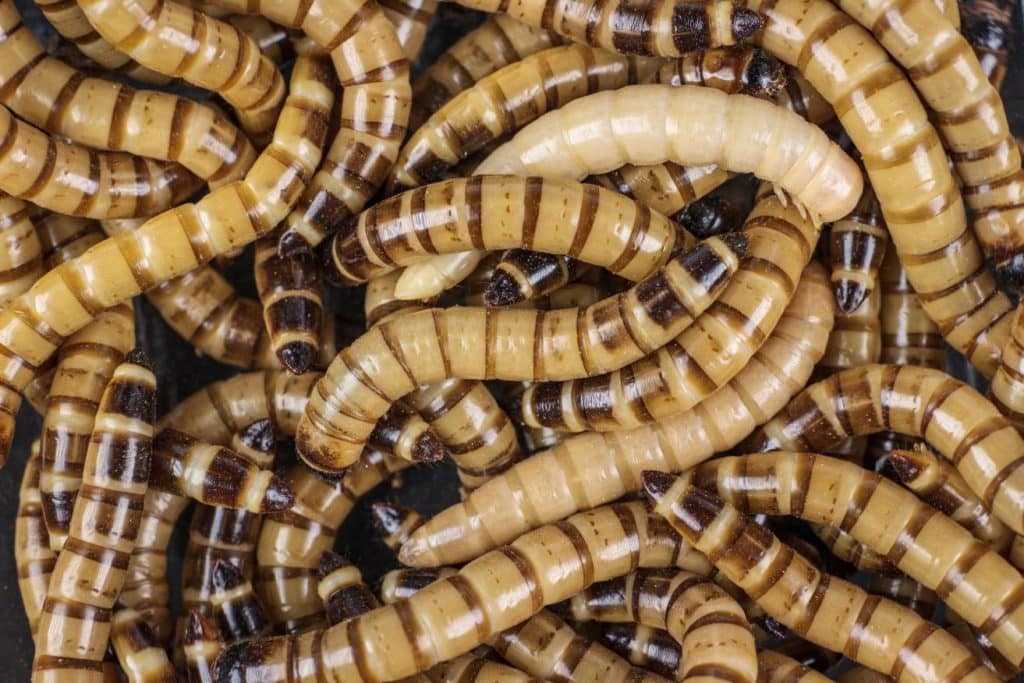
Advantages of Feeding Bearded Dragons Superworms
Superworms tend to be a favorite amongst Bearded Dragons. So, you usually won’t see a Bearded Dragon acting disinterested when it spots a superworm in its enclosure. If your Bearded Dragon enjoys eating superworms, you can always use a superworm to check on its health. If your Bearded Dragon suddenly refuses to eat a superworm, there could be a chance that it’s not feeling well.
Superworms are also a great source of hydration. They hold a lot of water weight and can be a good snack for Bearded Dragons that don’t typically like drinking water from a bowl. Since they’re live prey, they also encourage Bearded Dragons to activate their natural instincts to hunt and stalk their prey. This is a great form of enrichment and exercise and can improve your pet’s quality of life.
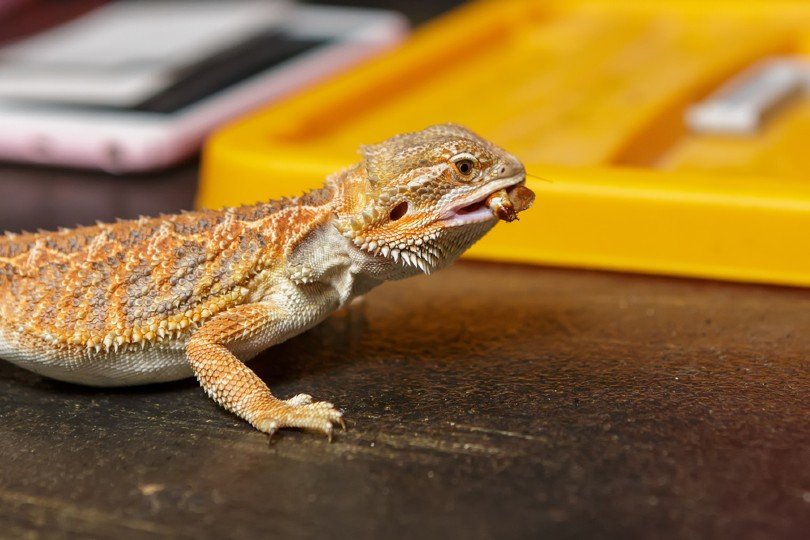
Disadvantages of Feeding Bearded Dragons Superworms
It’s important to keep in mind that feeding your Bearded Dragon too many superworms can lead to health issues. While they’re a good source of protein, they also contain a lot of phosphorus. Consuming too much phosphorus and too little calcium can cause Bearded Dragons to develop metabolic bone disease (MBD).
Young and juvenile Bearded Dragons shouldn’t be fed superworms. Superworms are high in fiber, and their nutritional composition can make them difficult for young Bearded Dragons to digest. Feeding them super worms can cause an impacted digestive tract.
Superworms are also known to bite. They’re more aggressive than their mealworm cousins, and since they’re bigger, they may be able to cause minor cuts around your Bearded Dragon’s mouth. Some may even bite while inside the mouth. Most adult Bearded Dragons are able to eat superworms just fine, but it’s best to err on the side of caution and supervise your pet the first few times you feed it superworms.
Unlike mealworms, superworms can’t be refrigerated. So, it can be quite inconvenient feeding them to your Bearded Dragon. Since they can bite, you also have to be careful of getting bitten when feeding them to your Bearded Dragon. Usually, you’ll feel a sharp and startling pinch, but the bites won’t break the skin.
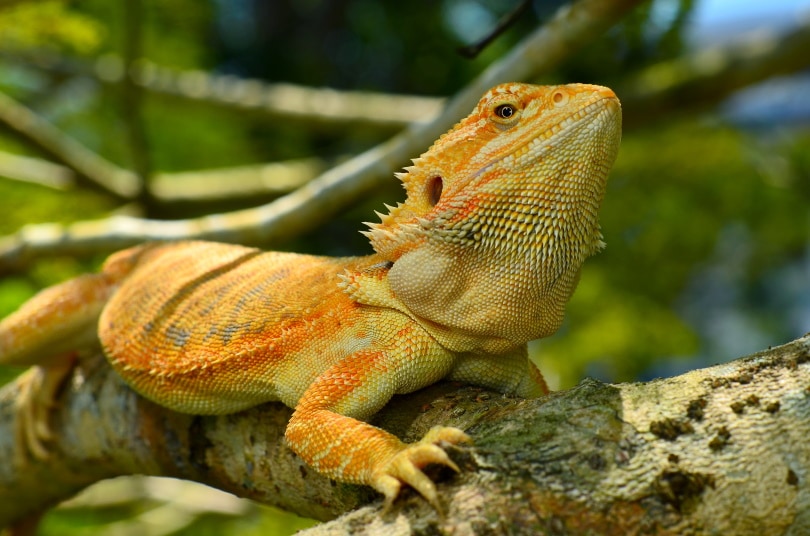
How to Store and Feed Superworms to Your Bearded Dragon
Fortunately, storing superworms isn’t too difficult. You can keep them in a ventilated plastic container, and they won’t grow into beetles if there’s enough moisture.
Superworms also don’t need food unless you plan to keep them for more than 2 weeks. You can put a few carrots or potatoes in their container for hydration and some other small pieces of vegetables such as broccoli steam, or eggplant peels for them to nibble.
Since superworms are fast diggers, the best way to feed them to your Bearded Dragon is to place them in their feeding bowl or hold them with tweezers. Make sure that your Bearded Dragon is aware that the superworms are in their feeding bowl so that they eat them quickly. The last thing you’d want is for your Bearded Dragon to swallow substrate while digging for superworms because substrates can cause indigestion.
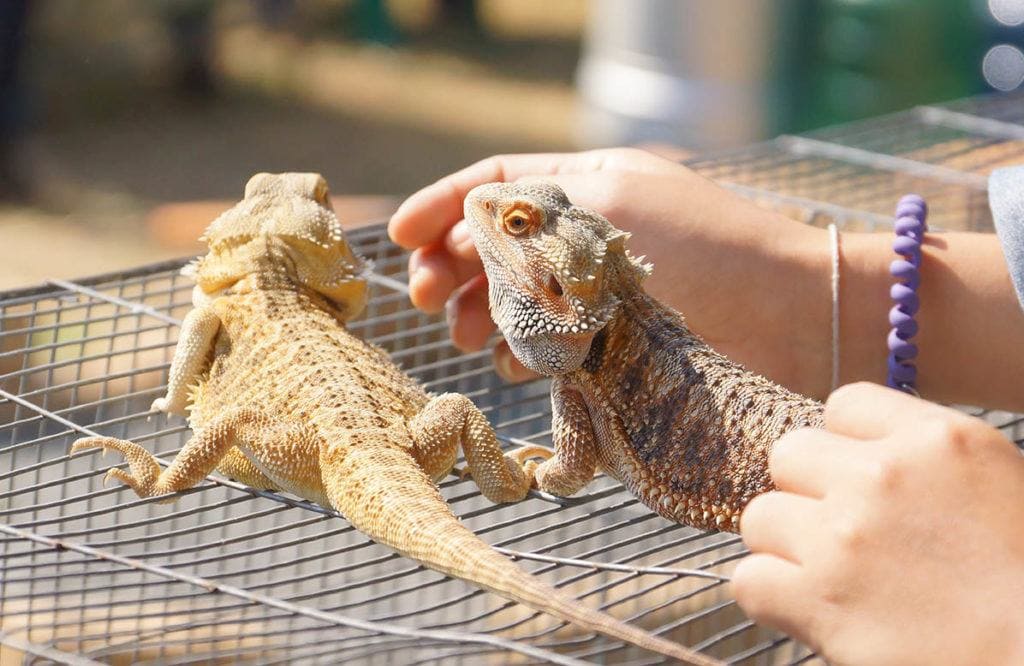
Conclusion
Adult Bearded Dragons can eat superworms, but they should only be given as an occasional snack. Young Bearded Dragons should not eat superworms because they can cause gut impaction. When feeding your Bearded Dragon a superworm for the first time, make sure to supervise them to ensure that your Bearded Dragon is able to eat them safely and without any issues.
See also:
- 7 Vet-Approved Alternatives to E-collars for Cats
- What Vegetables Can Bearded Dragons Eat? Diet & Health Advice
Featured Image Credit: Ph.wittaya, Shutterstock


